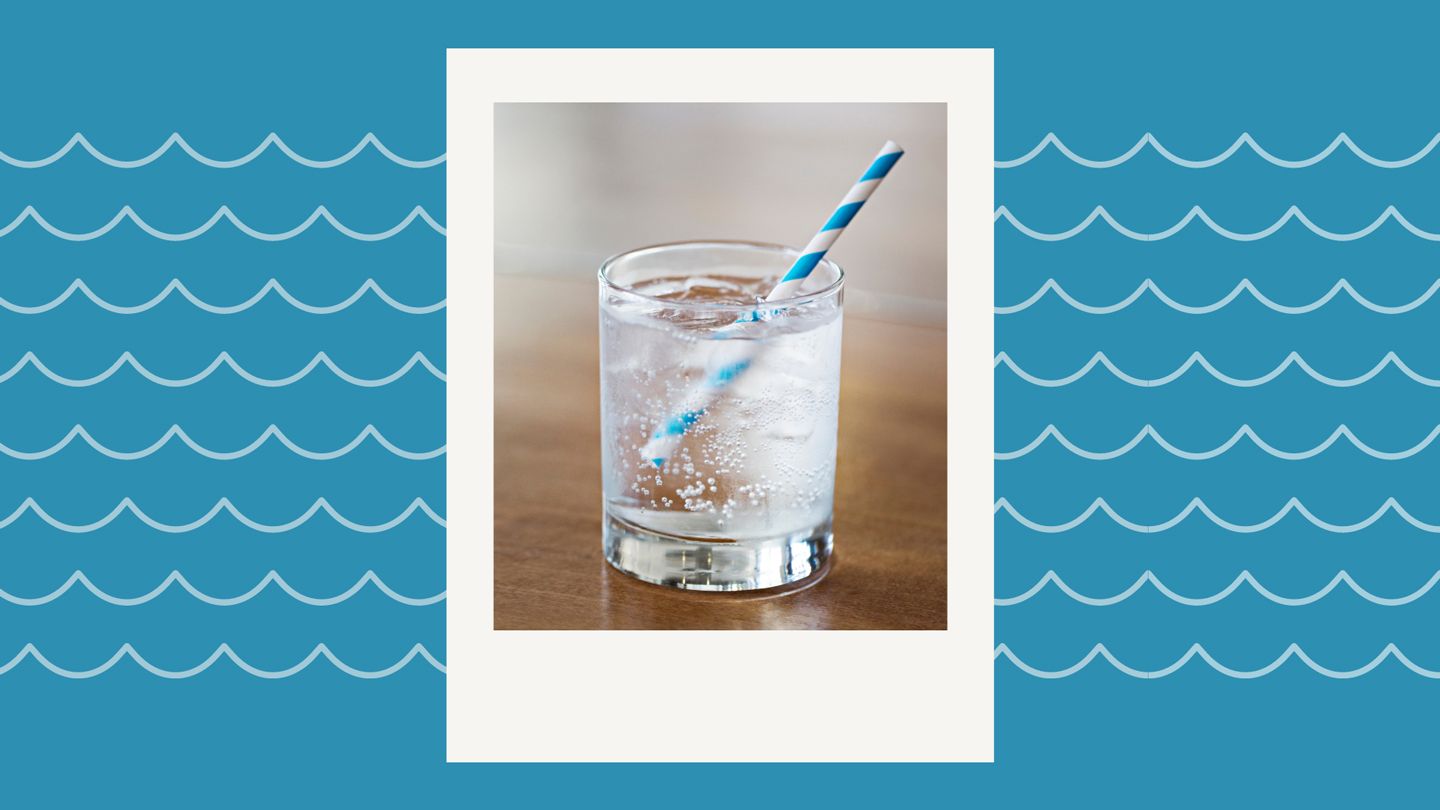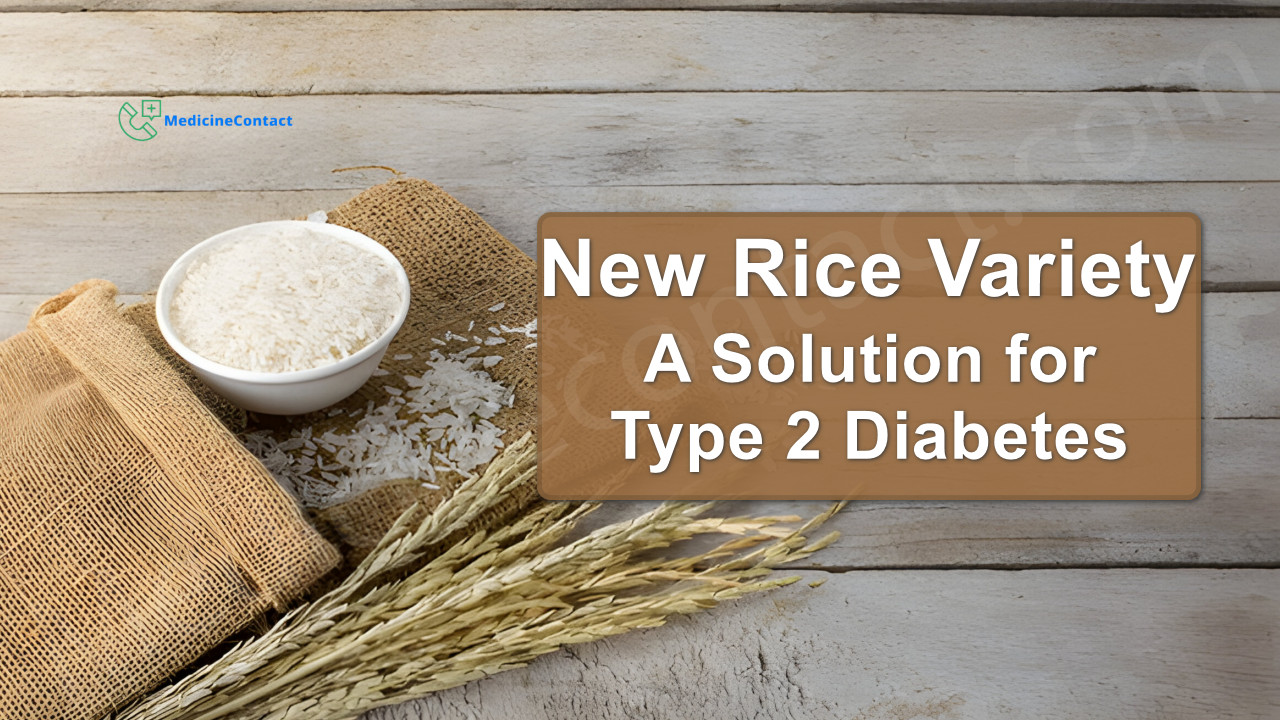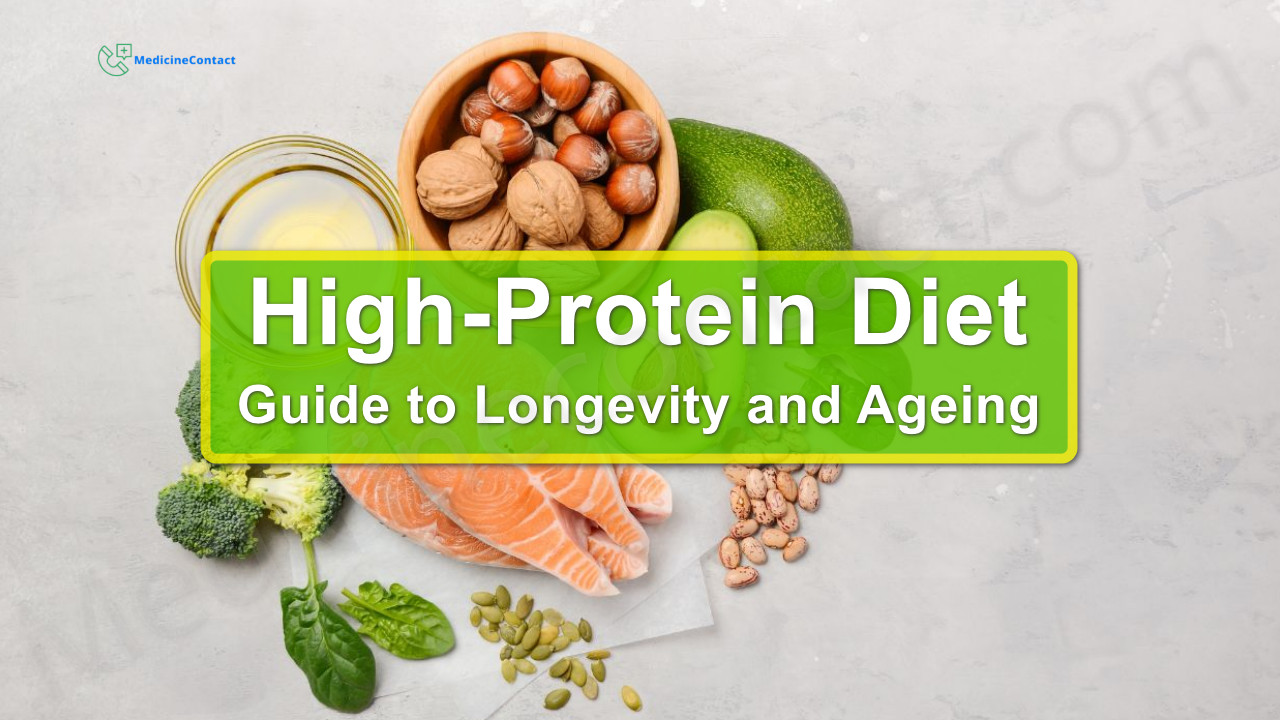
Does Club Soda Have Sugar?
Club soda, sometimes called carbonated water, is a popular beverage choice for those looking to cut back on sugary drinks. But does club soda actually contain sugar itself? Let's take a deeper look at what's in club soda and how it compares to other sparkling waters.
The Definition of Club Soda
Club soda is water that has been carbonated with carbon dioxide gas under pressure. This produces the characteristic bubbles and fizziness that makes it a refreshing drink. Unlike soda pop, club soda does not contain added sugars, calories, or artificial flavors.
The ingredients in basic club soda are:
- Carbonated water
- Minerals such as potassium bicarbonate
- Salt
The minerals are included to enhance the taste. Salt is added to stabilize the bubbles. But there are no natural or added sugars in plain club soda.
Club Soda Nutrition Facts
Looking at the nutrition label on a bottle of club soda helps confirm that it has 0g of sugar per serving.
A typical 12oz serving of club soda contains:
- 0 calories
- 0g total fat
- 0g total carbohydrates
- 0g protein
- 0mg sodium
With no carbohydrates or calories, club soda is a sugar-free, zerocalorie beverage choice.
Choosing Between Club Soda Brands
While most brands of club soda do not contain sugar, there can be some subtle differences in ingredients between brands.
Some club sodas may contain natural flavorings and additional salts like potassium sulfate or magnesium sulfate. These add some trace minerals that can impact the taste.
Higher end club soda brands like Q Drinks are more likely to include additional salts and promote a "smoother taste." Value brands have simpler ingredients.
But no matter the brand, plain club soda will not have any added sweeteners or sugars. When scanning nutrition labels, the key thing to verify is 0g of carbohydrates and calories.
Comparing Club Soda and Tonic Water
While club soda has no sugar, tonic water is a carbonated beverage that does contain sugar. Many people confuse club soda and tonic water.
The main differences are:
- Tonic water contains added quinine, giving it a bitter taste.
- Tonic water has added sweeteners like high fructose corn syrup or sugar.
- Tonic water has around 130 calories and 32g carbs per 12oz serving.
So while club soda has the same bubbly carbonation as tonic water, it does not include added sugars. Check labels carefully to ensure you are choosing club soda, not tonic water.
Club Soda as a Healthy Alternative
The lack of sugars and calories make club soda a smart drink option for health-conscious consumers. Potential benefits include:
- Hydration - While less hydrating than regular water, club soda provides hydration without any sugar.
- Dental health - No sugar means less risk of cavities or tooth decay from sipping club soda.
- Weight management - Zero calories from club soda prevent excess calorie intake from beverages.
- Blood sugar - Helps regulate blood glucose levels compared to sugary drinks.
People with diabetes, weight concerns, or those monitoring sugar and carb intake get the flavor and fizziness of club soda without worrying about added sugars.
Is Club Soda Bad for You in Any Way?
While club soda has health advantages over sugary sodas, there are a few potential downsides to consider:
- Artificial additives - Some club sodas may contain preservatives, coloring, or sulfur compounds.
- Acidity - Carbonation can make club soda more acidic than water.
- Mineral depletion - The acidity may also lead to mildly increased calcium loss from bones.
- GI issues - Carbonation can cause bloating or discomfort in those with GI disorders.
However, these effects are relatively minor for most people drinking moderate amounts of club soda. The risks are small compared to heavily sweetened soft drinks.
Club Soda vs. Other Sparkling Waters
In addition to tonic water, there are many other sparkling water choices besides club soda. How does club soda compare to seltzers, mineral waters and soda waters?
- Seltzer water - Virtually identical to club soda, also unsweetened carbonated water.
- Mineral water - Naturally carbonated and may contain minerals.
- Soda water - Carbonated water with sodium salts added.
- Sparkling water - Broad term for all fizzy waters.
The key difference comes down to natural carbonation versus artificial carbonation. Waters that bubble up from a natural spring are mineral waters. Manufactured waters have CO2 added.
But in all cases, these sparkling waters do not contain added sugars or sweeteners like tonic water or soda. So while names vary, plain carbonated waters are sugar-free.
Is Club Soda Dehydrating?
Some people claim that club soda is dehydrating and not as effective as regular water for hydration. Is this actually true?
Research shows club soda does hydrate, but not quite as well as still water. One study in the Journal of the American Dietetic Association found:
- Plain water was the most hydrating, used as the reference.
- Club soda hydration levels were 82% relative to regular water.
- Diet soda was marginally better at 85% relative hydration.
The carbonation appears to slightly reduce fluid absorption compared to still water. But overall, club soda still contributes to hydration.
Having some club soda along with regular water is fine for hydration. But rely more heavily on non-carbonated water to meet daily fluid needs.
Does Flavoring Club Soda Add Sugar?
Plain club soda on its own does not include sugar. But what about adding lemon, lime, or other flavorings?
Common ways to flavor club soda include:
- Squeezed citrus - Lemons, limes, oranges
- Fruit slices - Limes, lemons, oranges, berries
- Herbs - Mint, basil
- Juices - Cranberry, pineapple, lemon
Freshly squeezed citrus juice and herbs contain minimal natural sugars and are fine for flavoring. But with juices, read labels and avoid options with added sweeteners.
Overall, flavoring with real fruits/herbs won't make club soda unhealthy. But heavier juice additions will start to increase the sugar content. Keep juice portions small to prevent excess added sugars.
Mixing with Alcoholic Drinks
Club soda is very popular as a mixer for alcoholic drinks like vodka, rum, gin, and whiskey. The benefits are the zero calories and bubbly taste.
However, even though the club soda itself is sugar-free, cocktails will contain sugar if other mixers are added such as:
- Fruit juices - orange, cranberry, pineapple
- Simple syrups
- Sour mix
Dry drinks like a vodka club soda with a lime have much less sugar than a vodka cranberry. Choosing lower sugar mixers allows enjoying cocktails without as much added sugar.
Can Diabetics Drink Club Soda?
Because it is free of carbs and sugar, club soda is generally safe for people with diabetes to drink in moderation. The keycaveat is that flavored club sodas or mixers may contain hidden sugars.
The American Diabetes Association provides a few guidelines for diabetics considering club soda:
- Avoid sugary flavored club sodas with added sweeteners.
- Opt for plain club soda or simple citrus/herb infused versions.
- Be careful with juice-based cocktail mixers which have more sugar.
- Check blood glucose after drinking alcohol-based club soda drinks.
Overall, plain club soda is a diabetic-friendly alternative to sugary soft drinks. But it's still important to be aware of addons that can impact blood sugar levels.
Pregnancy and Club Soda
During pregnancy, club soda can help ease nausea, heartburn, and constipation - common pregnancy discomforts. The bubbles and light carbonation act as a gentle stomach soother.
Club soda is considered safe to consume in moderation during pregnancy since it is sugar and caffeine-free. It provides a good alternative to sugary sodas and caffeinated drinks like coffee and tea which are more restricted.
However, plain water should still be your primary beverage during pregnancy to ensure proper hydration. Club soda can provide variety and carbonation for an upset stomach when needed.
Is Sparkling Water Bad for Your Bones?
There is some concern that the higher acidity of carbonated waters like club soda could potentially leach calcium from bones over time and contribute to weaker bone density.
However, research findings are mixed:
- One Swedish study did find higher bone loss markers in women who drank carbonated water.
- But other studies found no impacts on bone mineral density.
The effect is likely minimal, especially in those getting sufficient calcium from other sources in their diet. But it may be prudent to moderate higher acidity carbonated beverage intake for those at risk of osteoporosis.
Club Soda for Heartburn Relief
The carbonation in club soda can provide quick relief for occasional heartburn symptoms. The bubbles help force open the lower esophageal sphincter and allow stomach acid to flow back down.
Drinking a small amount can ease the painful burn sensation. Club soda is gentler on the stomach than medications. But for chronic heartburn, stronger treatments may be needed.
Does Club Soda Count as Water Intake?
When tallying up daily water intake, does club soda count towards your total? While not as optimal as regular water, club soda does contribute to fluid intake and hydration.
The Institute of Medicine recommends total daily fluid intake from water, other beverages, and food of:
- Women: Around 11 cups (2.7 liters)
- Men: Around 15.5 cups (3.7 liters)
Drinking some club soda can help meet these fluid goals. But aim for at least half your intake to come from plain, non-carbonated water for maximum hydration. Flavor club soda with citrus rather than relying on heavy juice additions.
The Bottom Line
In conclusion, club soda is a sugar-free, zero calorie carbonated water choice. While not quite as hydrating as still water, it provides a bubbly alternative without any added sugars or sweeteners. Those watching their sugar and calorie intake can enjoy club soda plain or flavored with citrus or herbs without worries. Just be aware of potential added sugars when using club soda in mixed drinks or flavoring heavily with juice.
FAQs
Is club soda just carbonated water?
Yes, club soda is water that has been carbonated by dissolving carbon dioxide gas under pressure. This gives it bubbles. Club soda contains no added sugars, calories, or artificial ingredients.
Is club soda alkaline or acidic?
Club soda is slightly acidic due to the carbonation. The carbon dioxide reacts with water to form carbonic acid which lowers the pH below neutral. However, it is only mildly acidic unlike many soft drinks.
Does club soda go flat faster than seltzer?
No, club soda and seltzer water will go flat at the same rate. Both are carbonated waters with added CO2 that starts escaping from the liquid over time. Properly sealing the bottle helps maintain carbonation.
Can club soda be used in baking?
Yes, club soda can be used for baking as a lower-calorie or alcohol-free substitute for regular soda. The carbonation may affect textures slightly. Reduce other liquids in the recipe to account for moisture in the club soda.
Is bottled or canned club soda healthier?
There is no major difference between bottled and canned club soda's health effects. Cans may have a liner with trace BPA, but amounts are negligible. Focus instead on choosing additive-free brands without extra preservatives or sulfur compounds.
Disclaimer: This article is for informational purposes only and does not constitute medical advice. Always consult with a healthcare professional before starting any new treatment regimen.




